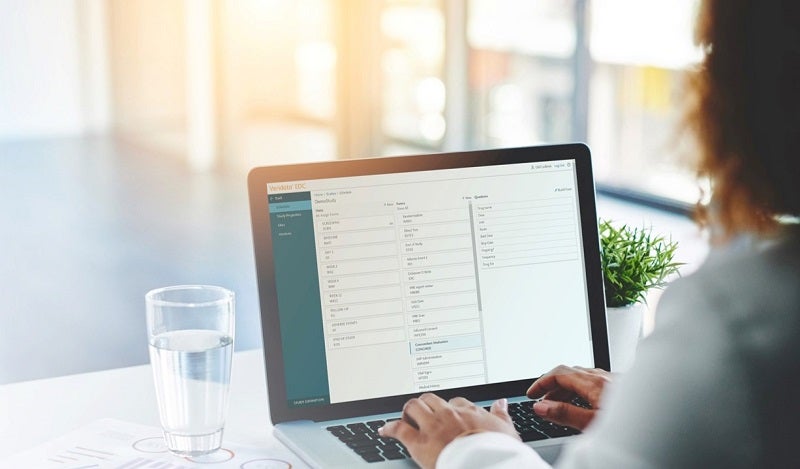
Data is a precious commodity for clinicians tackling any disease, but when it comes to fighting Covid-19, the value of accurate and trustworthy data becomes infinitely greater. Not only is Covid-19 a new novel strain of coronavirus that we still know little about, but the speed at which it can spread means that giving clinicians access to data in a timely way could be the difference between life and death for potentially hundreds of patients.
With its long-standing history of supporting medical research projects, Elsevier was quick to respond to the coronavirus crisis when it began. The company knew it could help the Covid-19 research community streamline its data collection and management processes, and so has made access to its latest electronic data capture (EDC) software solution, Veridata EDC, completely free of charge to researchers working on Covid-19 studies.
Using Veridata electronic data capture to improve Covid-19 research
Researchers working on or planning to capture Covid-19 patient data can visit Elsevier’s online Coronavirus Research Hub, where they can find out more about the benefits of using the Veridata EDC in fighting Covid-19 and apply for a demo account. New customers who complete the necessary compliance training will then receive a free 12-month license to use the platform.
Elsevier’s Clinical Trial Implementation Manager, Anna Lewandowska, explains how Veridata EDC can help make Covid-19 research more effective, ultimately improving outcomes for patients who contract the virus. “Veridata EDC can really reduce the workload for anyone who’s reporting or analysing Covid-19 data,” she says.
“EDC systems give researchers a lot of flexibility. They allow people to be given access to multiple sites and studies, or for just one particular person to only have access to the specific site they’re working on. This has benefits for studying Covid-19 data specifically, because you can give different researchers access to multiple sites so they can view data sets in real time.
“Once you can share that Covid-19 data securely with others, you can speed up the research process, because other researchers within the same institution can just log in and see it. You don’t have to email anyone and ask them to send you their data in a file, because it’s all there in the same system.”
Lewandowska explains how this can help in hospitals, where the need to access Covid-19 data quickly and effectively is strongest. “Research organisations often conduct research in many hospitals simultaneously, meaning that these hospitals could share the same data. If research organisations contact us, they can use our system to share Covid-19 data between multiple hospitals. Each one could have access to the same data sets, if required.”
Streamlining Covid-19 data collection globally
In response to the urgent need to streamline Covid-19 data collection, and to enable smoother workflows in Covid-19 studies during the pandemic, Elsevier developed its electronic case report form (CRF) for collecting data on patients presenting with suspected or confirmed Covid-19. Its electronic CRF is based on the core CRF introduced by the World Health Organization (WHO) and the International Severe Acute Respiratory and Emerging Infection Consortium (ISARIC) earlier in the pandemic.
Developed with data validation checks built-in, Elsevier’s electronic CRF allows researchers using Veridata EDC to report and share Covid-19 patient data using WHO’s standards. This helps researchers by simplifying data entry and the process of setting up studies and encourages more voluntary reporting of clinical data.
Veridata EDC also allows researchers to create study schedules, and to modify the WHO’s standard CRF forms with questions tailored to their specific Covid-19 studies. The platform allows researchers to design their own study data sets (letting them focus more on customising their research questions), and makes it easier to combine multiple data sets, analyse data over time, and publish their own findings.
Leading the fight against Covid-19
Taken together, the attributes of Veridata electronic data capture can help to increase the scientific power of Covid-19 research studies, boost clinicians’ understanding of the virus, and ultimately help to prevent future waves and subsequent pandemics.
“The system is very flexible to any changes that are required, either by customers themselves or by changes that need to be made to report forms and questionnaires due to the Covid-19 situation progressing, as it continues to change the world,” adds Lewandowska.


